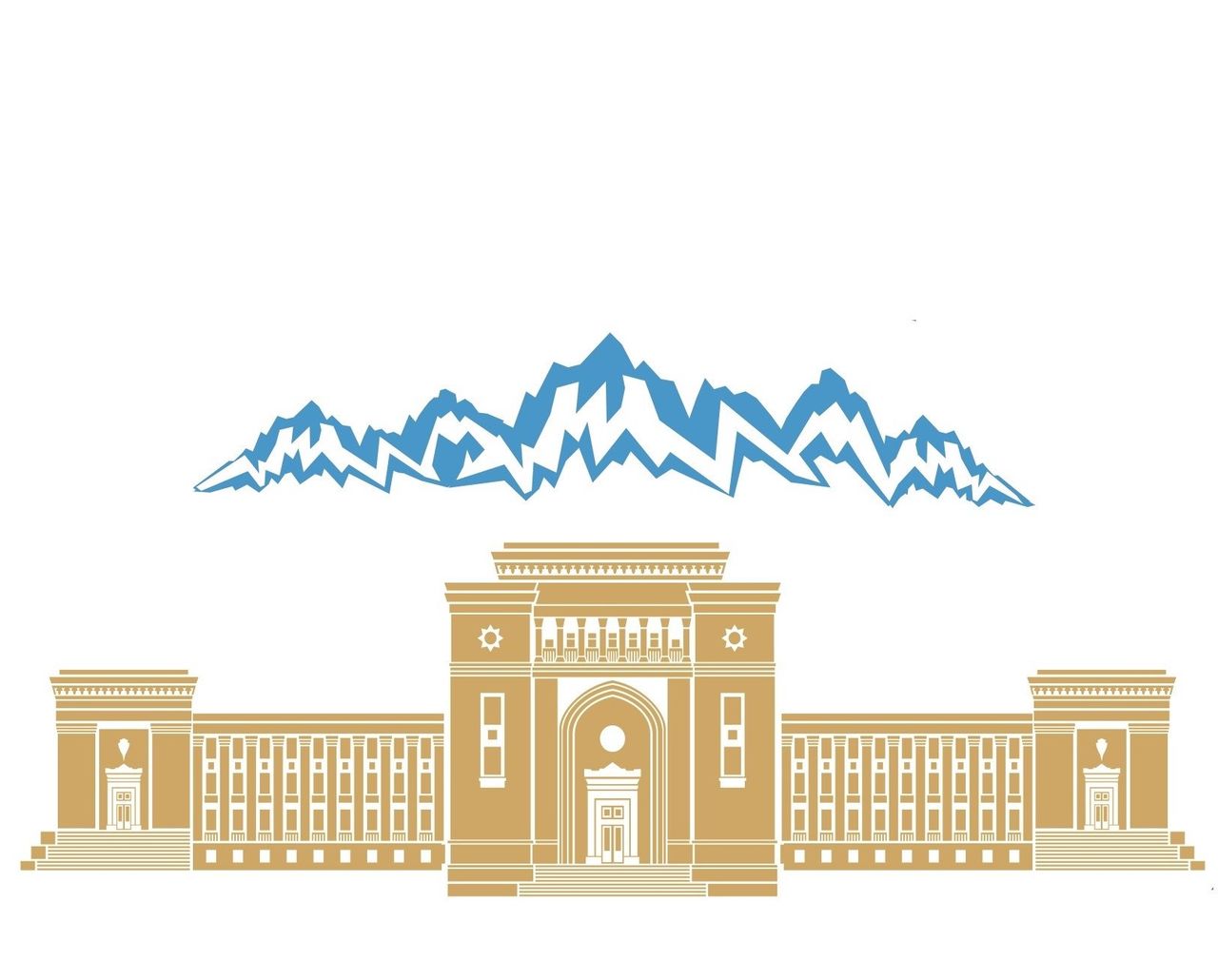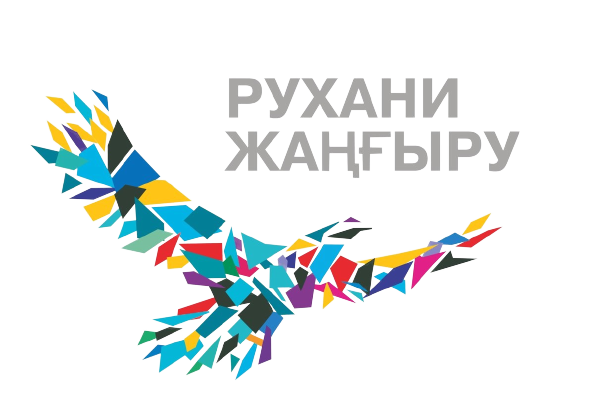Academic Senate
The Academic Council is a collegial governing body of the Institute. The composition of the Academic Council, its tasks, powers and rules of procedure are determined by the Institute’s Charter and Regulations on the Academic Council of the Institute.
Report of the Academic Council in recent years. In 2021, seven meetings of the Academic Council were held, and a total conducted – of 52 issues were considered. Among them – approval of annual plans and reports according to the structure of the Institute, issues related to master’s and doctoral programs (approval of dissertation topics, appointment of supervisors and scientific consultants, etc.), reports on the implementation of scientific programs and projects, etc. accompanied by the Address of the President of the Republic of Kazakhstan, on the activity of scientists of the Institute on publications, on the activities of scientific journals of the Institute, etc.
In order to coordinate the work of the program-targeted funding project “Development of the academic publication “History of Kazakhstan from ancient times to the present day” in 7 volumes”, the Academic Council decided to create a Center for preparing a new academic publication on the history of Kazakhstan.
In 2022, the work of the Regional Council was carried out in accordance with the plan approved at the beginning of the year. According to which, each month, with the exception of the holiday period, was to be held ten times. The last meeting No. 10 of the Academic Council was dedicated to the 70th anniversary of Professor S.E. Azhigali.
The Institute’s structure has expanded, and branches have been opened in Astana and Petropavlovsk.
Based on the coordination of the grant financing project “Methods of field ethnoarchaeological (ethnoarchitectural) research of the monuments at the steppe zone of Kazakhstan and in the Diaspora”, the Scientific Research Center Monument studies of Enlightenment was established by the decision of the Academic Council.
In total, 47 issues were considered at the meeting of the Academic Council in 2022, with the exception of various issues, on each of which decisions were made.
In 2023, the work of the Regional Council was carried out according to the plan. The main issues identified in it consisted of the following areas:
- approval of annual plans and semi-annual, annual reports of scientific and organizational events, media plana, projects of program and target financing and grant financing, branches and departments, centers, methodological seminars, Council of Young Scientists;
- about recommendations and proceedings for publication;
- about the organization and scientific practice, internships for undergraduates and doctoral students, approval of dissertation topics;
- about work of the journals of institute;
- about work of the Institute’s library;
- about work of the Institute’s archive;
- about work of the Institute’s trade union;
- report on business trips.
- about work of the site, etc.
In 2023, changes were made to the structure of the Institute, the Department of External Relations, Information and scientific cluster and the Department of world History were merged into the so-called department of World History and External Relations.
Most of the planned issues (planned – 54, considered – 63) were considered on time.
Every year, plans are approved and reports of the Institute’s departments, branches, and centers are heard:
- Branch of the Institute in Astana;
- Branch of the Institute in Petropavlovsk;
- Department of Ancient and Medieval History of Kazakhstan and neighboring countries;
- ;
- Department of Historical Demography and APK;
- Department of History of Kazakhstan of the XX century;
- Department of Historiography, Source Studies and Modern Methodology;
- Department of Ethnology and Anthropology;
- Department of World History and External Relations;
- Center for preparing a new academic publication on the history of Kazakhstan;
- Scientific Research Center of Monument studies.
In accordance with the decision of the Academic Council in 2021, the title “Honorary Professor” of the Institute was awarded to the Russian scientist-historian, Doctor of Historical Sciences, Professor V.I. Kozodoy, author of the book “Alikhan Bukeikhanov. Man – Epocha” (Novosibirsk, Russia), in 2022 to the scientist-historian, Doctor of Historical Sciences, Professor A. Kara (Turkey), and in 2023 to the historian, Doctor of Historical Sciences, Professor M.Zh. Abdirov.
By the decision of the Academic Council, scientific works are considered and recommended for publication as the result of scientific research by historians. So, in 2021 5 monographs, 5 collections of documents and materials, 10 collections of materials from conferences and round tables are recommended for publication. And in 2022 – a total of 15 monographs and collective monographs, 9 materials of conferences and round tables, 6 collections of documents and materials, as wellas 33 volumes based on the materials of the State Commission for the Complete Rehabilitation of Victims of Political Repression (20-50s of the twentieth century), 4 different types of work (biobibliographic dictionary, biobibliographic index, educational and methodical manual, collection of articles). According to the results of 2023, the following publications are recommended: monographic works-25, three volumes on the history of Atyrau region in 3 languages (Kazakh, Russian, English) – 9, conference materials-8, collection and archival documents and materials – 45, collection and manuscripts – 2 volumes, encyclopedia – 1.



